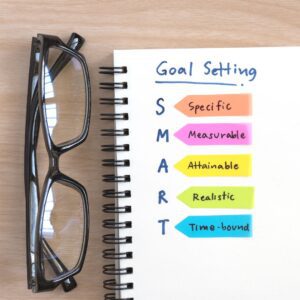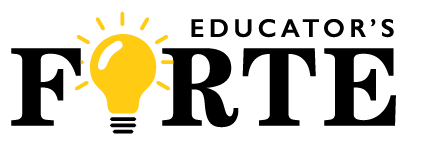As the school year winds down, instructional coaches play a crucial role in supporting teachers to ensure a smooth transition and a strong finish. This period is a prime opportunity to celebrate achievements, reflect on challenges, and plan ahead. Here’s how instructional coaches can effectively support teachers during this pivotal time.
Reflect and Celebrate Achievements
Acknowledge Successes:Motivate and encourage teachers by acknowledging their hard work and successes. Arrange a time for teachers to share their achievements, both big and small. This can be done through staff meetings, reflective workshops, or celebratory events. Recognizing their efforts boosts morale and reinforces the positive impact of their work.
Reflect on Growth: Facilitate reflection sessions where teachers can analyze their growth over the year. Use data from assessments, student feedback, and personal reflections to highlight areas of improvement and success. Reflection helps teachers identify effective strategies and areas for further development. Providing a structured format for these reflections, such as guided questions or a reflective journal, can be beneficial.

Plan for Professional Development
Identify Needs: Collaborate with teachers to identify their professional development needs. Conduct surveys, hold one-on-one meetings, or use feedback from observations to pinpoint areas where teachers feel they need more support or training. Understanding these needs will help tailor professional development opportunities that are relevant and impactful.
Design Engaging PD Sessions: Based on the identified needs, design professional development sessions that are engaging and practical. Incorporate interactive elements such as workshops, peer observations, and collaborative planning sessions. Focus on topics that will enhance teachers’ skills and prepare them for the upcoming school year. This could include new instructional strategies, classroom management techniques, or technology integration.

Facilitate Goal Setting
Set Clear, Achievable Goals: Work with teachers to set clear, achievable goals for the upcoming school year. These goals should be specific, measurable, achievable, realistic, and time-bound (SMART). Having clear goals helps teachers stay focused and motivated. Encourage teachers to set both short-term and long-term goals to ensure continuous improvement.
Create Action Plans: Assist teachers in creating detailed actin plans to achieve their goals. This includes outlining the steps they need to take, resources they require, and they support they need from administration and instructional coaches. Action plans provide a roadmap for success and help teachers stay organized and proactive.

Foster a Collaborative Environment
Promote Peer Collaboration: Encourage teachers to collaborate with their peers. Create opportunities for them to observe each other’s classrooms, share best practices, and provide feedback. Peer collaboration fosters a supportive community where teachers can learn from one another and improve their teaching practices.
Build Professional Learning Communities (PLCs): Establish Professional Learning Communities where teachers can regularly meet to discuss instructional strategies, analyze student work, and plan collaboratively. PLCs provide a structured platform for ongoing professional development and support. They also help create a culture of continuous learning and improvement within the school.

Support Work-Life Balance
Encourage Self-Care: Remind teachers of the importance of self-care and work-life balance. As the school year ends, stress levels can rise due to the many tasks that need to be completed. Encourage teachers to take time for themselves, engage in activities they enjoy, and maintain a healthy work-life balance. Providing resources such as stress management workshops or wellness programs can be very helpful.
Provide Resources: Ensure that teachers have access to resources that can help them manage their workload and reduce stress. This could include planning tools, classroom materials, or professional development opportunities focused on time management and organization. By providing the right resources, you can help teachers feel more supported and less overwhelmed.

Looking Ahead
Prepare for the New School Year: As the current school year ends, help teachers start preparing for the new school year. This includes setting up their classrooms, planning their curriculum, and familiarizing themselves with any new initiatives or changes in the school. Early preparation helps teachers feel more confident and ready to start the new school year on a positive note.
Continuous Support: Reiterate your commitment to providing continuous support throughout the summer and into the new school year. Whether through regular check-ins, professional development sessions, or providing resources, ensure that teachers know they can rely on you for ongoing support.

By focusing on these strategies, instructional coaches can effectively support teachers as they end the school year and look ahead to the next. Celebrating achievements, planning for professional development, setting goals, fostering collaboration, and promoting work-life balance are all critical components of this support. Together, these efforts help create a positive and productive environment where both teachers and students can thrive.
